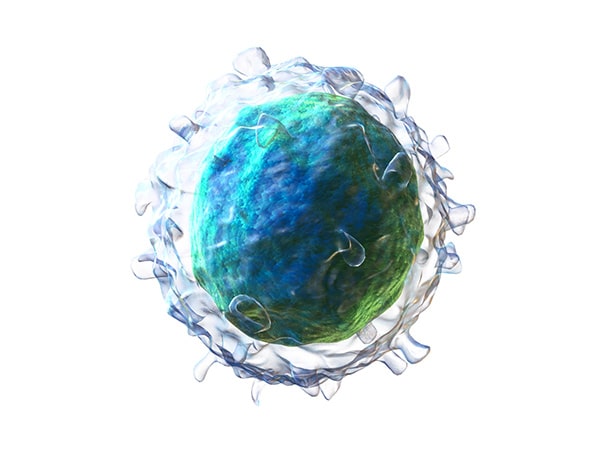New Chemotherapy for Childhood Acute Lymphoblastic Leukemia Patients
The FDA approval of calaspargase pegol-mknl provides a longer-acting chemotherapy option for certain patients with acute lymphoblastic leukemia.

The U.S. Food and Drug Administration (FDA) recently approved the new anticancer therapeutic calaspargase pegol-mknl (Asparlas) for treating patients with childhood acute lymphoblastic leukemia (ALL).
Calaspargase pegol-mknl is intended for use as part of a multiagent chemotherapy regimen for children, adolescents, and young adults ages 1 month to 21 years who have been diagnosed with ALL.
Each year, almost 6,000 people in the United States are diagnosed with ALL, according to data from the National Cancer Institute. Fifty five percent of these individuals are children, adolescents, and young adults under the age of 20.
Most people diagnosed with ALL, including children, adolescents, and young adults, are initially treated with a combination of four, or even five, chemotherapeutics. In most cases, one of the chemotherapeutics in the multiagent regimen works by depleting the patient’s body of L-asparagine, which is one of the building blocks that cells use to create the proteins they need to function. ALL cells are unable to generate their own L-asparagine. Therefore, depleting this critical building block from the body interferes with the ability of ALL cells to generate proteins and, ultimately, to survive.
Chemotherapeutics that work by depleting L-asparagine are asparagine-specific enzymes. They are isolated from the bacterium Escherichia coli or the bacterium Erwinia carotovora. In many chemotherapeutics, the asparagine-specific enzyme is linked to a molecule called polyethylene glycol forming a pegaspargase. This slows clearance of the asparagine-specific enzyme from the patient’s body and thereby increases the length of time it works to deplete L-asparagine before the patient needs another dose of the chemotherapeutic.
In calaspargase pegol-mknl, the linker used to attach the polyethylene glycol to the asparagine-specific enzyme is different from the linkers used in other pegaspargase chemotherapeutics. The new linker is more stable, meaning that it slows clearance of the asparagine-specific enzyme from a patient’s body even further. Early research showed that one dose of calaspargase pegol-mknl depleted L-asparagine from the blood for 18 days, whereas one dose of a standard pegaspargase chemotherapeutic depleted L-asparagine from the blood for just 11 days.
According to the FDA, the agency approved calaspargase pegol-mknl because it provided for a longer interval between doses compared with other pegaspargase chemotherapeutics.
The FDA approval was rendered on Dec. 20, 2018. Find out more about the decision on the FDA website.